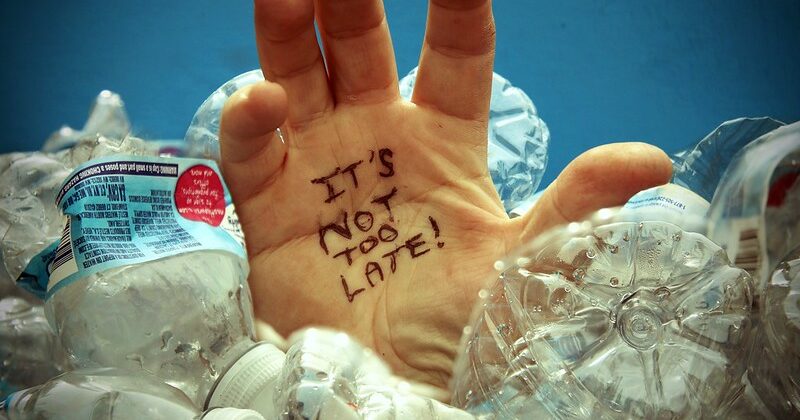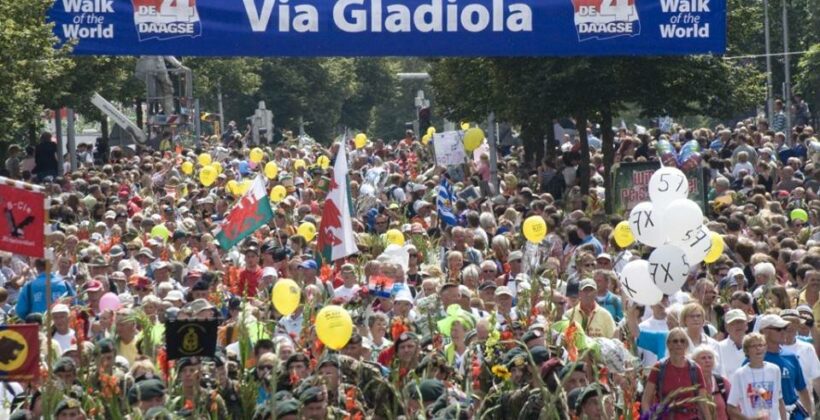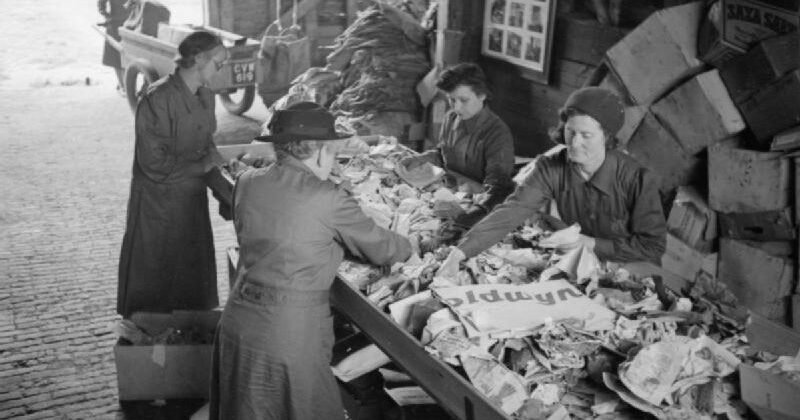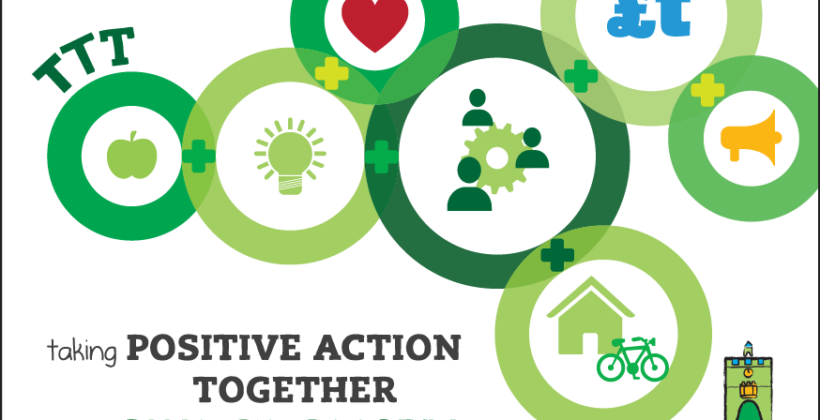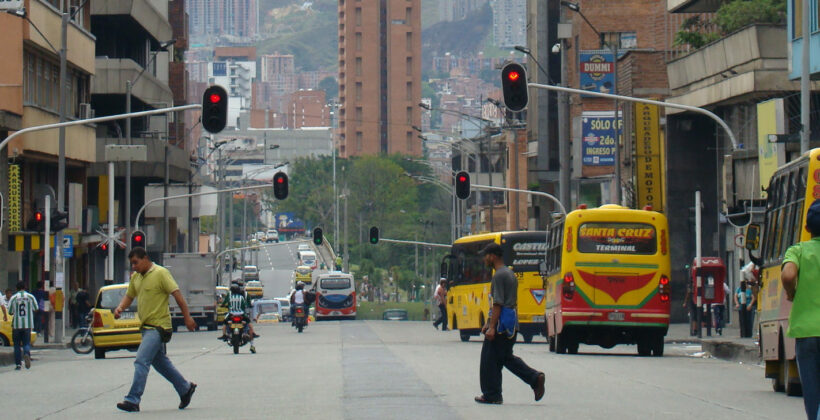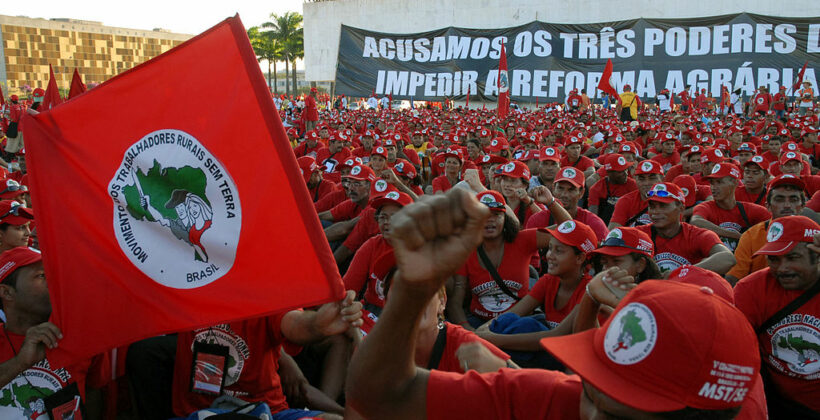The irony of all of this is that, in an era when the great challenge is to meet everyone’s needs as we make the rapid transition to live within the bounds of the biosphere, there is no shortage of good work that needs doing. An awakening to the ‘green collar economy’ has institutions as diverse as the International Labour Organisation and multiple industry associations predicting tens of millions of new jobs in low-carbon sectors.
At the same time, both public and private employers are finding that many workers realise greater satisfaction by opting to work shorter weeks, helping to spread the benefits of employment more broadly. Even the economic grandfather of work specialisation, Adam Smith, warned of the human consequences of poor-quality, repetitive work. Now the circular and green economies seem to offer ways to get off the consumer treadmill of endless material accumulation (for those who could even afford it or were prepared to go into debt), as well as opportunities for more meaningful work. By changing ingrained working patterns, the conditions for rapid transition can be created.
